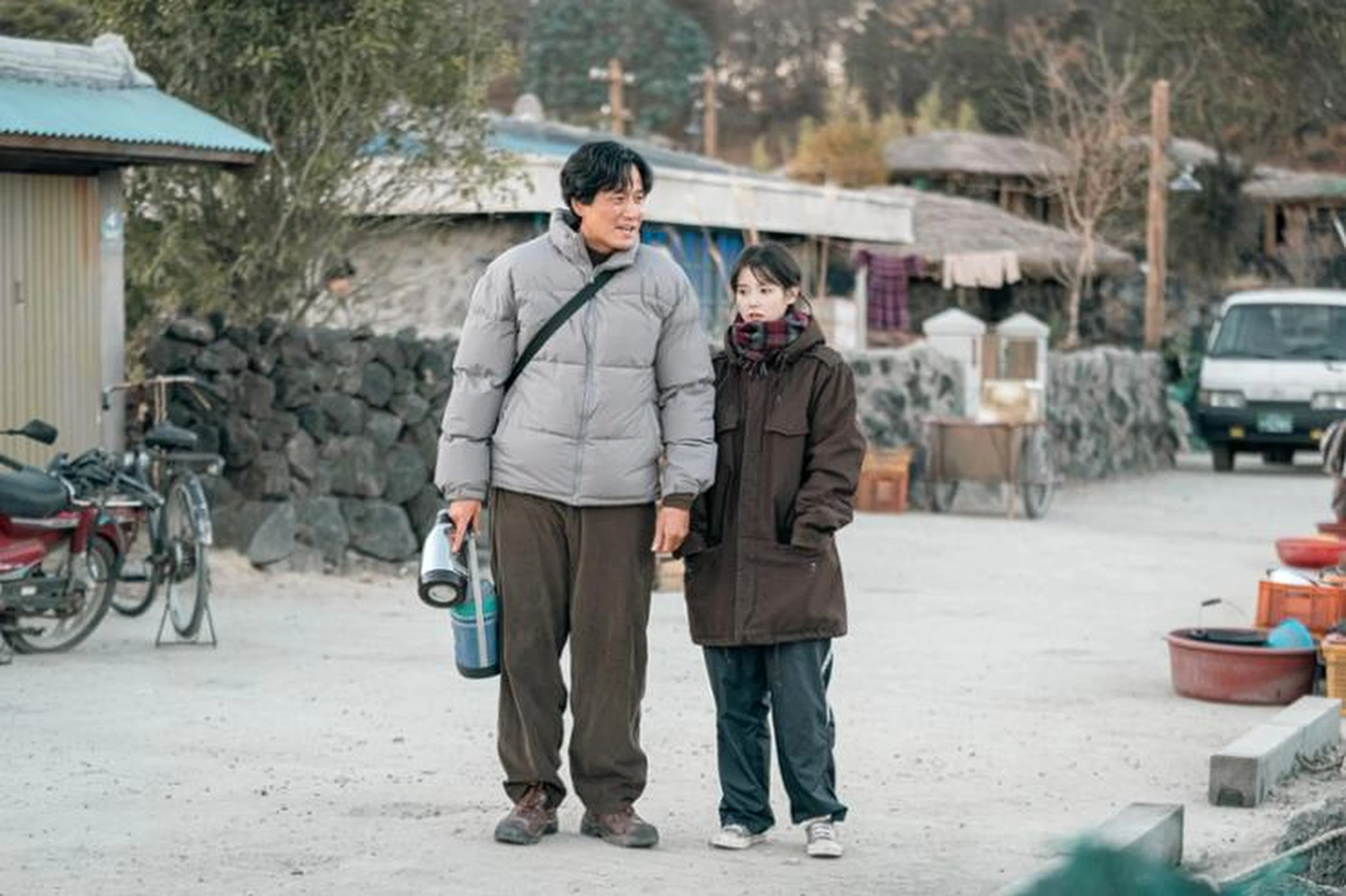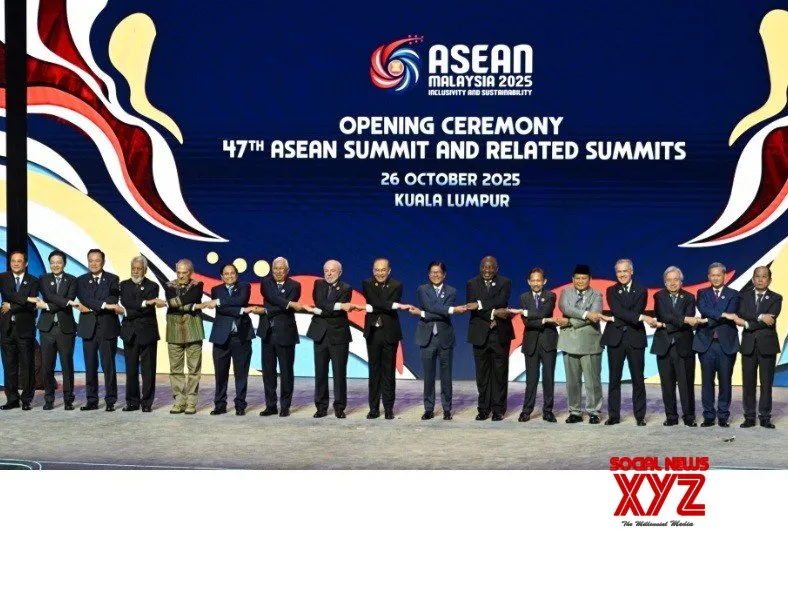Copyright scmp

In an era defined by digital hyperconnectivity, members of South Korea’s Gen Z are reaching back in time, finding unexpected meaning in an analogue past they never experienced. From the flutter of handwritten love notes to the gentle click of cassette players and the rustle of bus tickets tucked into pockets, many of the country’s top-rated television dramas are bringing a pre-digital age to life for a generation raised on smartphones. These stories, set against the backdrop of social upheavals from the 1970s through to the 1990s, are captivating thousands of young Koreans trying to make sense of a rapidly changing society. Streaming giants and cable networks alike are eagerly riding the wave of nostalgia. JTBC’s Reborn Rich and Netflix’s When Life Gives You Tangerines – the latter sweeping major prizes at this year’s Baeksang Arts Awards – are just two recent additions to a growing roster of retro K-dramas lauded for their emotional warmth and historical depth. Industry observers argue that the popularity of these dramas goes beyond vintage aesthetics and period-specific slang. They resurrect a world that was built by communal grit, post-war recovery and political tumult – a world that, though distant, offers a strange reassurance to young viewers grappling with modern anxieties. “I’m always surprised to see people in the past going out of their way to help one another or to express their feelings to each other,” said Park Eun-jin, a 23-year-old university student living near Seoul. “It’s the scenes of people sitting down in buses offering to hold bags of people standing up and the sharing of food among neighbours that makes everything in these retro dramas so new and interesting to me.” Having grown up in an age when messages can be sent in a matter of seconds, Park senses a loss of effort and intimacy in today’s digital connections. “It also feels like people were more interested in each other's lives and went out of their ways to help out whenever they could,” she said. “It’s the opposite of today where I think it’s really difficult for people to trust the person next to them.” Lee Taek-gwang, a cultural commentator and professor at South Korea’s Kyung Hee University, likens this fascination with stories set in the past to the enduring allure of Britain’s Victorian era or Ancient Greece.. “Our society has changed so drastically in such a short amount of time that the country even just a couple of decades ago was a very unfamiliar South Korea,” he told This Week in Asia. “We underwent rapid modernisation and industrialisation after the 1960s, but we really saw an unprecedented pace of change when our culture evolved after the 1990s. Neoliberalism and globalisation took hold in the 2000s, and the country shifted to a high-end financial industry that changed society’s consumption level for good.” Lee pointed to a widening generational gap, noting that today’s youth lacked a sense of “home” as it was understood by previous generations. “As most people today have mostly grown up in flats within the city, they find it very difficult to make relationships with neighbours,” he said. “Instead, it’s more likely that people will bond with those who go to the same school or academy, or people who share their hobbies. And the online space has become a much more intimate place to establish connections.” Craving connection For Ahn Byeong-gil, a university student in Incheon, it was curiosity that led him to watch Reply 1988, a drama centred on a group of high school friends in Seoul during the 1988 Summer Olympics. But the series quickly awakened a longing for a time he never knew. “I think our generation is characterised by a coldness that has lost most of the communal affection that represented our country’s past,” the 23-year-old told This Week in Asia. “For someone whose closest companion has been a smartphone since primary school, it was a breath of fresh air to see characters in the drama use phones inside their homes to call their friends and who always ate meals with their family or neighbours. I think it’s rare for people to eat dinner with their families these days.” Ahn believes that this shift has left society more individualistic than ever before. South Korea’s fertility rate declined for eight consecutive years to 2023, making it the only nation in the Organisation for Economic Co-Operation and Development with a rate below one. Experts attribute this trend to soaring living costs, work-life imbalance and the prohibitive expense of quality childcare, prompting many to delay or forgo marriage and children altogether. “I’m also someone who has lived according to the belief that ‘it only matters that I’m going to turn out well,’” Ahn said. “So when I see instances of people thinking about others and sacrificing for their families, it really turns on a switch for me.” Stories of overcoming hardship and oppression serve as a wellspring of hope. For those facing today’s housing crisis, South Korea’s experiences with the 1990s foreign exchange crisis and International Monetary Fund bailout serve as a reminder of resilience. The democratisation movement of the 1980s, meanwhile, provides valuable lessons from history for those wishing to avoid a repeat of last winter’s brief imposition of martial law.



